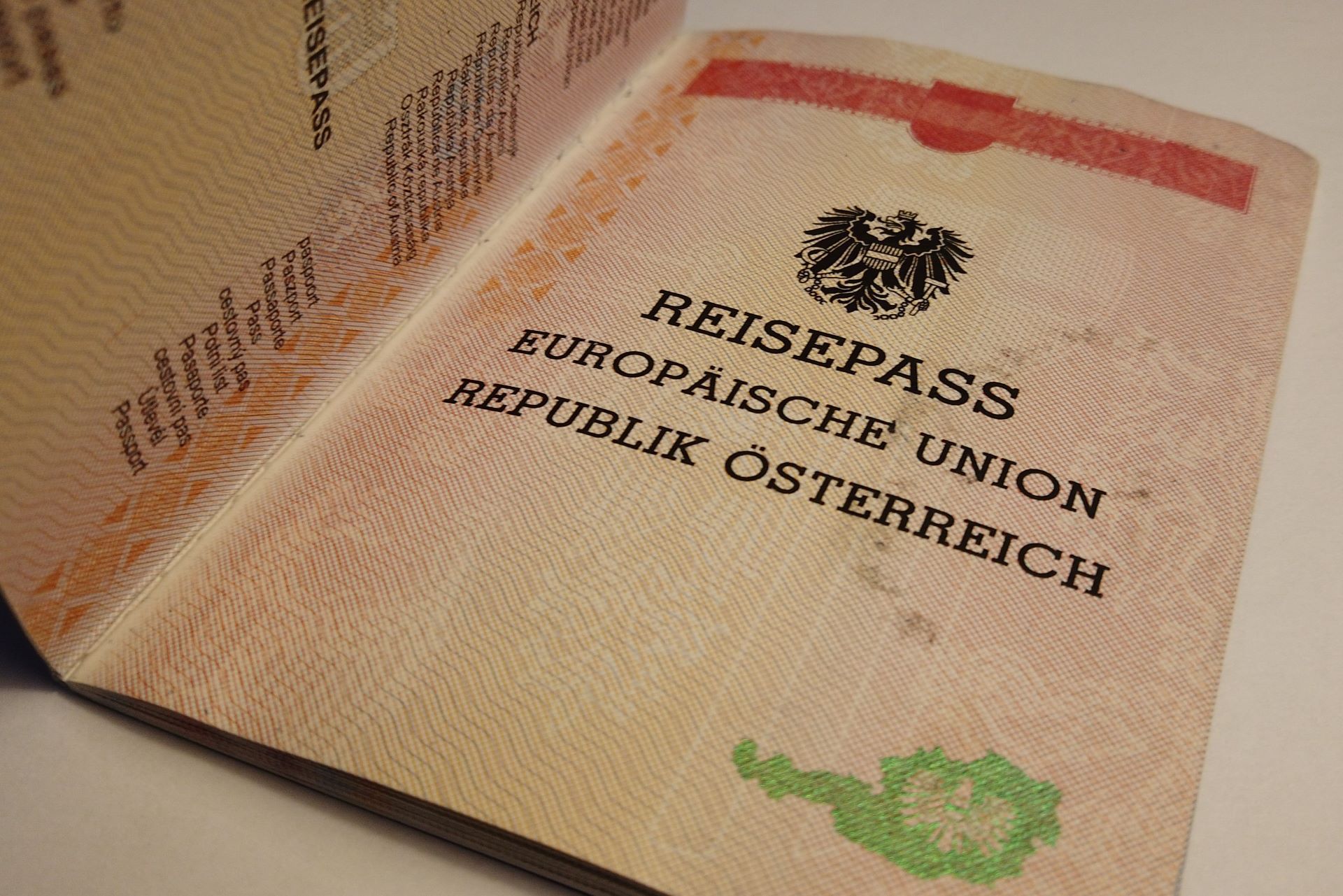Property purchase by foreigners in Austria
Property purchase by foreigners in Austria is only possible under certain conditions. Every acquisition of property or a property-like right (building right, personal easement) to a property, regardless of whether a house or a flat has already been built on it, generally requires approval by the competent land transfer authority.
Exemptions from the authorisation requirement
Only third-country nationals are considered foreigners within the meaning of the Vienna Land Acquisition for Foreigners Act. Citizens and legal entities of the European Economic Area (EEA) and Switzerland are exempt from this authorisation requirement and can acquire purchase property without restriction, just like Austrian citizens. Further exemptions exist for diplomatic missions and international organisations or may be regulated by state treaties.
However, there are also exceptions for property purchase by foreigners . They are exempt from the approval requirement if they acquire a property together with their spouse or registered partner who has Austrian citizenship, also within the framework of an owner partnership in a condominium. Furthermore, the acquisition of real estate within the framework of a legal transaction upon death (based on a will or court-ordered inheritance) does not require approval either. Persons who are exempt from the authorisation requirement shall be issued a confirmation by the authorities upon justified application (negative confirmation).
Social or economic interest for the property purchase by foreigners
Third-country nationals who do not fall under an exemption provision shall be granted permission to acquire real estate if there is an economic or social interest in the acquisition of the real estate.
On the one hand, a social interest exists if the real estate is to be used to live in it oneself or if the real estate is to be used by a close relative as an anticipation of an inheritance and to create a place to live. This means that the property purchase by foreigners for personal use is in principle possible for third-country nationals. On the other hand, there is an economic interest if the real estate property is intended to serve the settlement or expansion of a business or to maintain an already existing business. Whether such a social or economic interest exists, however, is always a question of the concrete circumstances of the individual case and can therefore not be answered in advance and in general.
Application
A property purchase by foreigners can only be registered in the land register with his or her right to the property if he or she presents a legally binding authorisation from the competent authority. In Vienna this is the Magistratsabteilung 35.
A number of documents must be submitted to this authority for approval of the real estate acquisition. In addition to a substantiated application, the (purchase) contract, a current excerpt from the land register of the property in question, the passport as well as a valid residence title of the applicant or a confirmation of the legally valid existence of a legal entity must be submitted.






























